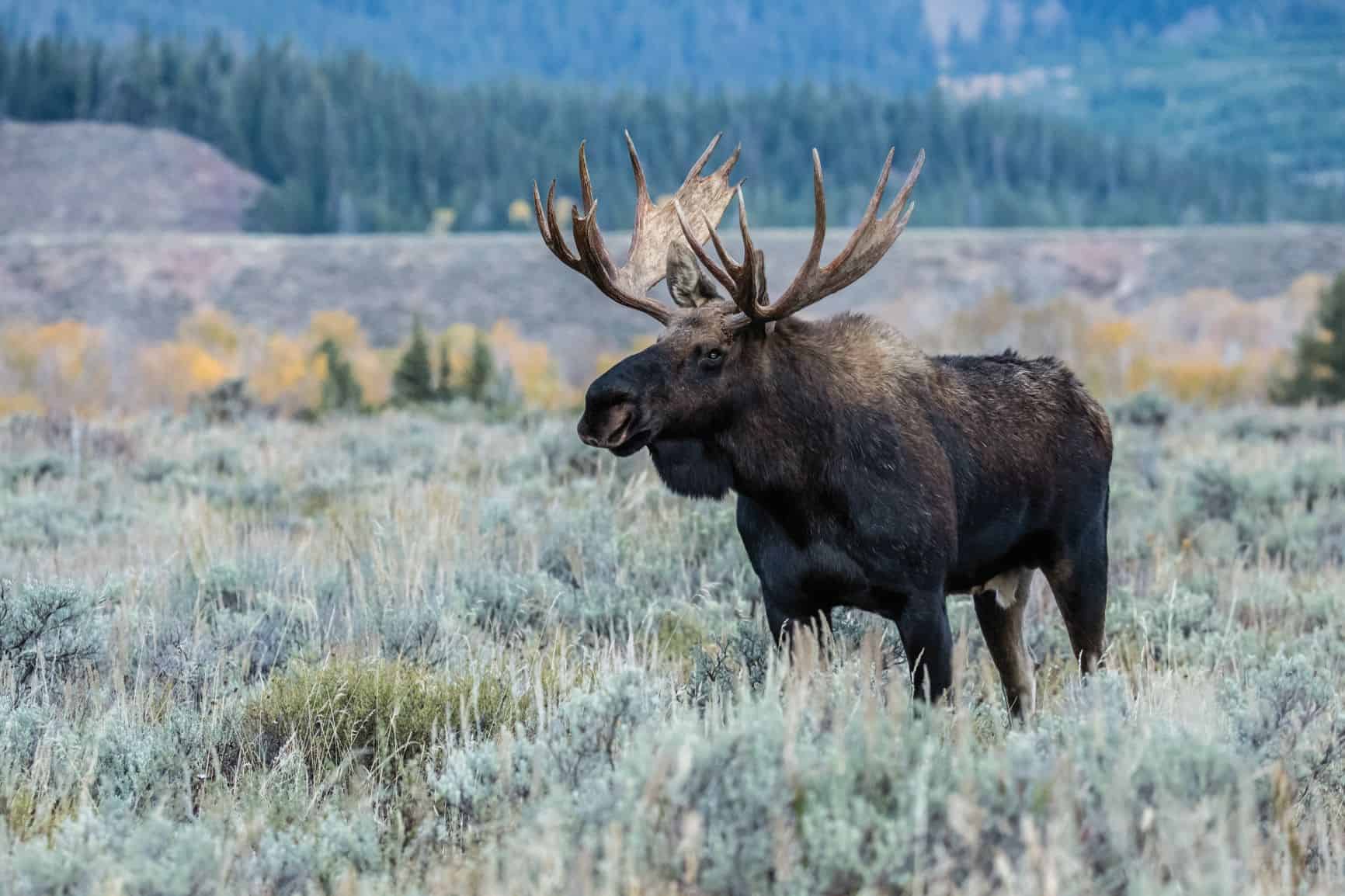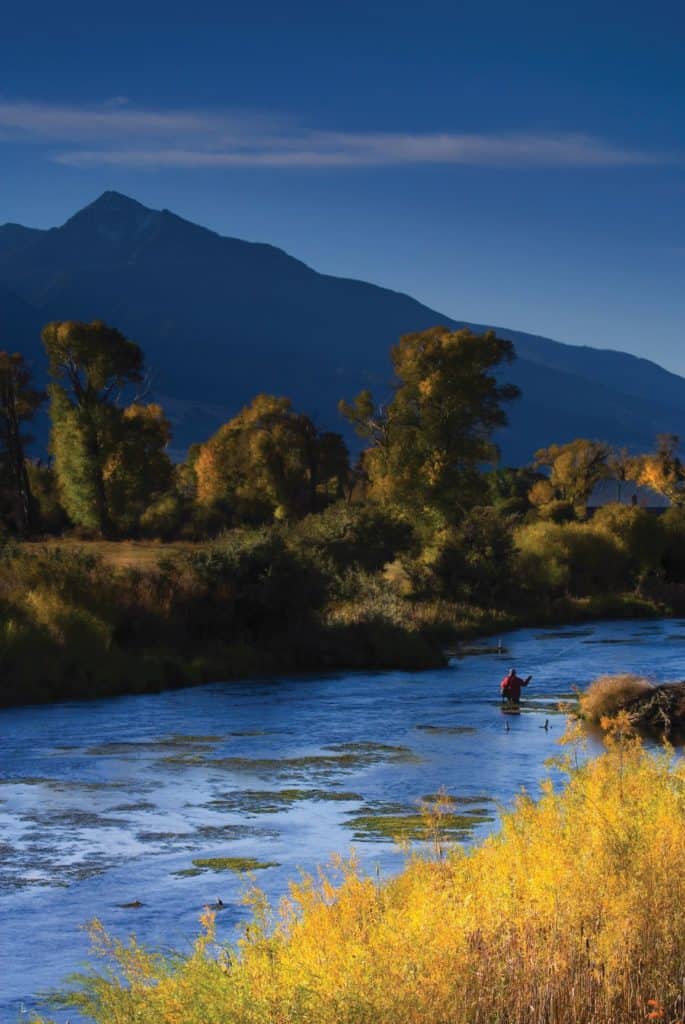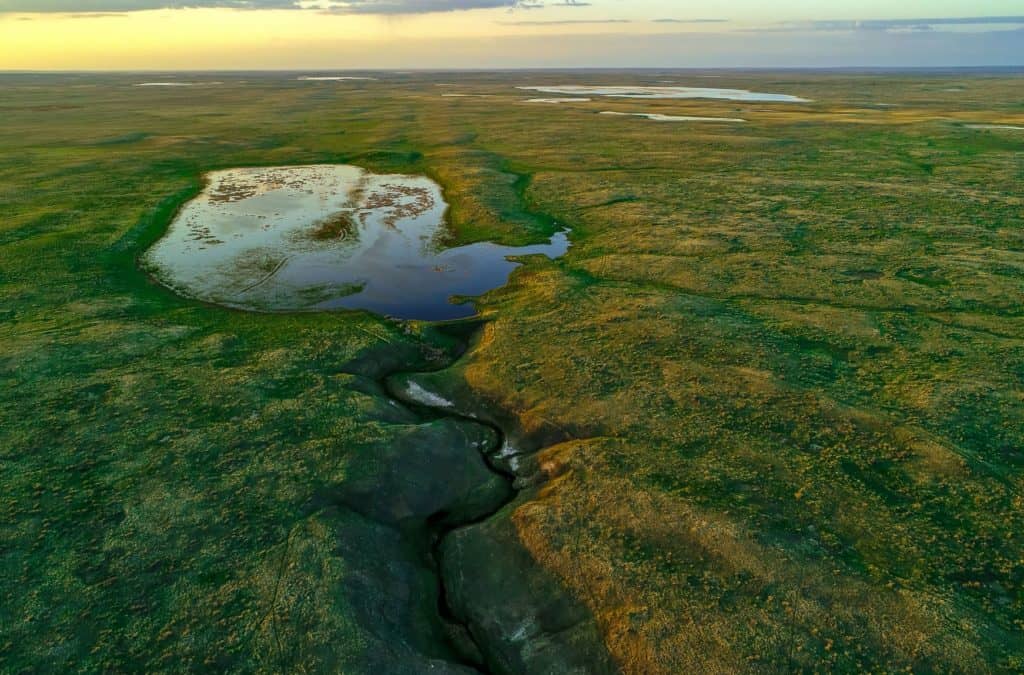
The Recovering America’s Wildlife Act: A Purposeful Investment in Our Country’s Future
Johnny Morris and the Bass Pro Shops family of outdoor companies are proud to stand alongside America’s sportsmen to ensure the future of the resources upon which we all depend. The Recovering America’s Wildlife Act is a seminal piece of legislation that builds on the conservation foundation that has served our country so admirably for the past 100 years. At its most essential, the Act improves how wildlife resources are managed and creates a dedicated vehicle to sustainably fund conservation across the country into the future.
Johnny Morris, founder of Bass Pro Shops and noted conservationist, co-chaired the Blue-Ribbon Panel that led the Act’s formulation. We now stand alongside hunters and anglers, the backbone of American conservation, to applaud the bi-partisan support the Act is receiving in the House and Senate.
Advocacy is one of the pillars of our approach to conservation. As we work with our partners to bring this law to fruition in Washington, we take time to reflect on what the Recovering America’s Wildlife Act represents– a purposeful investment in our country’s future. Beyond codifying how conservation is funded in America for the next 50 years, the Act showcases the value of wild places and the sporting heritage on a truly national stage.
Recovering America’s Wildlife Act Background

Building on the Pittman-Robertson Act of 1937 and the Dingell-Johnson Act of 1950, the Recovering America’s Wildlife Act is the next stage in what is perhaps the most successful conservation story the world has ever seen. Fundamentally the Act provides a dedicated funding vehicle for the next 50 years of conservation in America. As important as this legislation is for sportsmen, its benefits transcend demographic. Clean air and unpolluted water, after all, are good for every American.
In spite of these universal benefits, our nation’s wildlife resources come under increasing strain. Resource managers face a complicated set of variables including those related to ensuring public access to outdoor recreation, conservation of rare species, control of invasive and over abundant species, and the dealing with the ever-present encroachment of development on wild spaces. These challenges are compounded by an outdated system of conservation funding in America.

In response to these challenges, the Association of Fish and Wildlife Agencies created the 28-member Blue Ribbon Panel on Sustaining America’s Diverse Fish & Wildlife Resources. Co-chaired by Johnny Morris and Dave Freudenthal, the former governor of Wyoming, the panel was composed of national business and conservation leaders from a diversity of backgrounds. Panelists represented outdoor recreation retail and manufacturing, energy and automotive industries, private landowners, educational institutions, conservation organizations, sportsmen’s organization and state fish and wildlife agencies.
The panel identified the need to create a dedicated, consistent mechanism to fund the work of state fish and wildlife agencies. Such a reliable funding source would not only provide the resources necessary for state agencies to execute conservation, but to allow them to strategically plan for success.

The panel proposed dedicating $1.39 billion annually to fund fish and wildlife conservation in the United States. Rather than imposing a new tax, this conservation funding would come from redirecting a portion of environmental penalties and mitigation funds paid to the federal government.
Along with the change in funding mechanism, the Recovering America’s Wildlife Act calls for an ecosystem-based approach to management. Rather than approaching conservation in terms of a single species or two, agencies are encouraged to manage for a healthy system that considers all of the plant, animal, water and land resources that are found within it. From prairies to rivers and wetlands, the Recovering America’s Wildlife Act forces management of habitats as interconnected systems for the benefit of all game and non-game species that depend on them.

How the Act will Recover America’s Wildlife
The Act creates a dedicated annual funding mechanism to empower the work of state wildlife agencies across America. These agencies are charged with creating State Wildlife Action Plans to chart where action is needed. To date, Wildlife Action plans have identified more than 12,000 species in greatest need for conservation.
The current funding vehicle for these projects is grossly inadequate, providing only $65 million annually—to be split amongst all 50 U.S. states and territories. The Recovering America’s Wildlife Act would provide targeted, sustainable funding where it can be used for its largest conservation impact. In terms of real-world impact, the Act is transformative.

It represents a purposeful investment in our country’s future. This investment will not only improve and restore wildlife but reinforce the United States’ role as the world leader in the field of conservation.
We would like to thank the American sportsman and woman for their continuing, unabated commitment to conservation. Together we can move mountains.



